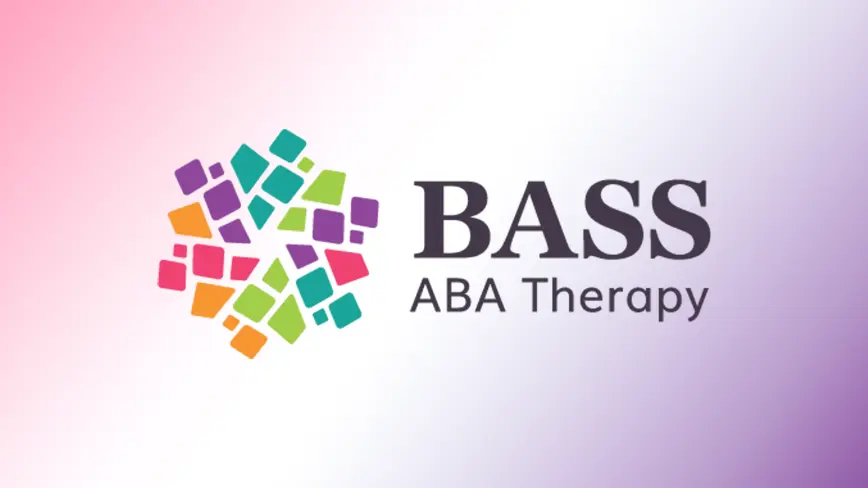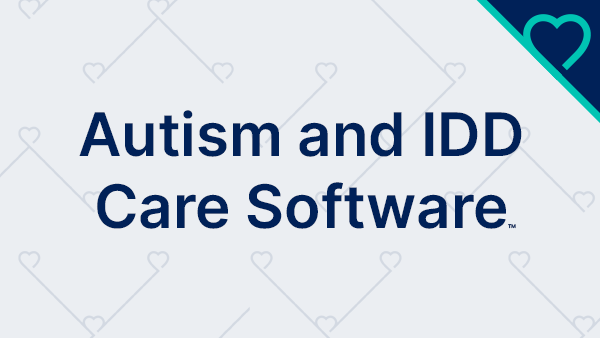Autism screenings and autism assessments are equally important tools in the diagnostic process. Screenings are used to quickly identify children who demonstrate traits consistent with autism, serving as an initial first step. Many children pass the screening and require no further evaluations. While highly beneficial for identifying children at risk at an early age, screenings are not diagnostic tools. When an autism screening shows a child is at risk for autism, a comprehensive autism assessment is necessary to confirm or rule out a diagnosis.
Exploring Autism Assessments
Autism assessments are comprehensive evaluations conducted by qualified professionals to diagnose ASD and assess its severity. Diagnosticians commonly administer a battery of assessments, such as the ADOS-2, CARS-2, and the GARS-3, to ensure a precise diagnosis.
Medical professionals trained in administering and interpreting diagnostic tools can diagnose ASD. These professionals may include psychologists, neuropsychologists, developmental pediatricians, and neurologists. Autism assessments often involve a multidisciplinary approach involving professionals from other disciplines, such as speech-language pathology, occupational therapy, and behavioral health, particularly after a formal diagnosis is made.
Comprehensive autism assessments involve multiple components, including:
- Medical Records Review–A comprehensive autism evaluation starts with a record review, with the diagnostician reading historical documentation on the child’s medical, mental, and behavioral health.
- Interviews with Parents or Caregivers–The diagnostician interviews the child’s parent(s) or caregiver(s). These interviews may be structured or semi-structured and may include indirect diagnostic tools, such as the Autism Diagnostic Interview, Revised (ADI-R). Gathering context regarding the parent’s concerns and learning what they observe with their child is essential for understanding how the child functions under natural conditions.
- Behavioral Observations—Another component of an autism assessment is observing the child under various conditions. The diagnostician is trained to observe and pinpoint traits that align with the criteria for an autism diagnosis.
- Standardized Diagnostic Tools–Administering standardized assessments, like the ADOS-2, is necessary to measure the child’s communication, social, play, and other skills directly related to the diagnostic criterion. Standardized tools also offer insight into the child's level of support needs in each domain.
Understanding ABA Assessments
Applied Behavior Analysis (ABA) is one of the most effective modes of therapy for children diagnosed with ASD. As such, many diagnosticians refer newly diagnosed children to ABA providers. During intake, behavior analysts conduct ABA assessments to gain baseline data on the child’s specific abilities and areas of need. ABA assessments are beneficial for assessing and monitoring the progress of children receiving ABA therapy.
Clinicians use ABA assessments to identify target skills and behaviors, inform the development of goals and interventions, and measure treatment outcomes. ABA clinicians are increasingly utilizing digital assessments to enhance and streamline the assessment workflow.
CentralReach offers a comprehensive digital solution to ABA assessments. CR Assessments is comprised of the AFLS and ABLLS-R on a single digital platform. Behavior analysts and educators can efficiently capture a thorough picture of their learner’s strengths, abilities, and areas of need and obtain actionable data to develop measurable goals that address their unique needs.
CR Assessments integrates with CentralReach’s data collection and practice management platforms, ensuring a cohesive assessment-to-intervention and data collection process. Assessment data is easily accessible and can be seamlessly analyzed and utilized to develop individualized treatment plans. Ongoing progress tracking and automated, robust reporting help clinicians make data-driven decisions to ensure effective treatment responsive to the learner’s evolving needs.
The Evolution & Impact of the Digital ABLLS-R Skill Acquisition Programs in CR Assessments
Differentiating Autism Screening
Autism screenings are a preliminary evaluation process aimed at identifying individuals who may be at risk for ASD and need further assessment. Screening tools like the Modified Checklist for Autism in Toddlers (M-CHAT) and the Social Communication Questionnaire (SCQ) are useful for identifying potential signs of autism that warrant a referral for a more comprehensive evaluation.
Because early intervention is vital, the AAP recommends that doctors routinely conduct autism screenings for all children at well visits starting at 18 months. Many early childhood educators also administer autism and other developmental screenings. While autism screening tools do not offer enough information to determine a diagnosis, they are a critical step in the process. Research has found earlier identification of autism when routine screenings are conducted (Sheldrick et al., 2022; Wieckowski et al., 2021). Before routine screenings in primary care and early intervention were standard practices, many children who may have been autistic were not diagnosed until they were much older, if at all. This can significantly impact outcomes due to the inability to access necessary services.
Posted in Education, Special Education
You may also like...
Related information and stories
What Types of Assessments Are Most Appropriate for Students with Different Disabilities
Effectively supporting students with diverse disabilities in educational settings starts with a comprehensive assessment. Employing the appropriate assessments for students with autism to evaluate their strengths and needs is critical…
What Are the Best Autism Spectrum Disorder Assessment Tools?
Research-backed autism spectrum disorder assessment tools are vital for accurately diagnosing and understanding the unique needs of individuals with autism spectrum disorder (ASD). These tools guide clinicians in developing individualized…
How Do Assessments Help in Developing Individualized Education Programs (IEPs)?
Crafting an Individualized Education Program (IEP) that incorporates learners’ unique strengths while addressing their challenges requires care and precision. Assessment for students with autism is critical in identifying students’ diverse…







